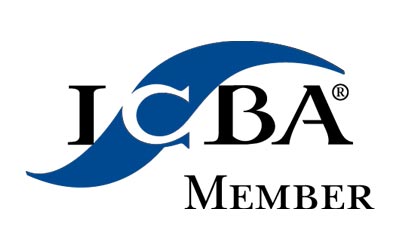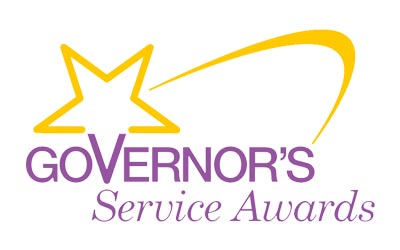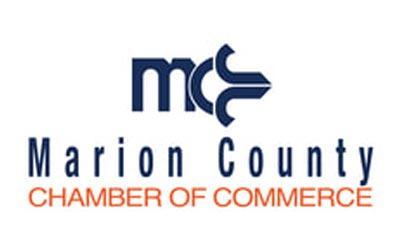Leadership Principle Series: Success Stories and Celebrations
“A good story can take you on a fantastic journey.” Walt Disney
2020 – A year that will go down in history defined by turmoil, upheaval, and changes to the status quo. This year has been marked by unique and culture-shaping challenges, from the COVID-19 pandemic to one of the most heated presidential elections in our lifetime. The terms “essential” and “non-essential” and the categories “urgent” and “important” are being re-established and redefined in real time and seemingly on a perpetual loop. From a management perspective, it is nearly impossible to know what the world will look like in the future. As a result, companies are finding themselves facing an uncertain future with unclear direction and even more confusion. Let’s be clear, inaction is not an option. Even in the face of chaos, we cannot afford to do nothing.

In my first two leadership articles, we focused on creating organization alignment, developing a theme, developing key performance indicators (KPI’s), and establishing rhythms (habits).In the third and final article in this series, we will focus on sharing success stories and celebrations. While these may seem like trivial pursuits in the current situation, I can assure you, when implemented with the previous principles, they create a high-functioning team environment and produce the agility and focus needed to sustain through times of crisis.
These principles have helped us to become one of North-Central West Virginia’s premier community banks and are modeled from the book “Mastering the Rockefeller Habits” by Vern Harnish.
Leadership Principle #3: Share Success Stories and Celebrate
Up until recently, celebrations of success were simpler to plan and execute. Hopefully, we will return to those days sooner rather than later.
In the past, our staff meetings, transformed into celebrations, were a way of life. We worked tirelessly to turn our semiannual staff meetings into a celebration rather than a question and answer session. Policies and procedures were confined to our short daily and weekly huddles. Our goal has been to acknowledge bank champions, reward positive behavior, and make sure all attendees leave with some physical token of our appreciation. During these celebrations we paid particular attention to details allowing very little margin for error at these events. Execution and delivery are critical when you have the entire staff in attendance.
In light of the changes happening in our world, the physical aspect of our celebrations had to change. And bringing the entire team onto a Zoom call for an hour was not a feasible option. Yet, these celebrations are critical to our culture, and play a significant role in our identity and business.
So, we went back to the drawing board and asked these questions:
- How do you share a success story through a non-personal email?
- How do you celebrate and recognize individual accomplishments through a Zoom meeting while also trying to keep the entire audience engaged when its participants may have multiple screens in front of them?
These are challenging questions.

As a leader, I reflect on a gift from my wife and daughters. A framed picture quoting Proverbs 25:11 “A word fitly spoken is like apples of gold in a picture of silver.”
With the acronym THINK before you speak, asking is it: (T)true, (H)helpful, (I)inspiring, (N)necessary or (K)kind. In this world of emotionless business communication, our words become even more important.
Recognizing this is easier said than done. It is important to choose your words wisely now more than ever as facial expressions may be covered by a mask, body language is difficult to detect on a Zoom meeting, and visual cues are essentially nonexistent with an email or telephone conference.
Of course, we all have the crazy disruptions with conference calls, Zoom, etc. and someone forgets to mute their device. Dogs barking or dishes clanging as participants multitask. I was recently guilty of that one! Regarding multitasking, years ago I was at a seminar and the leader claimed we did at least two things wrong when we multitasked.
 To boil it all down, know that your team needs you.
To boil it all down, know that your team needs you.
Communicate regularly. Share success stories and celebrate the small wins, even if it’s a “good news” weekly email just for that purpose, a “success shoutout” on the weekly team conference call, or something else. Find a way to continue to celebrate. Give your full attention to your team members when meeting, they notice.
Use your words wisely, because it is critical in times like this. Encourage open and honest communication. Listen, really listen to your team. Use little gestures to encourage your team. Send them a note, cookies, thank you card, team meeting shoutout, and other gestures to show that you really care. Most of all, keep moving forward.
 William Goettel, CPA
William Goettel, CPA
President & CEO, First Exchange Bank










